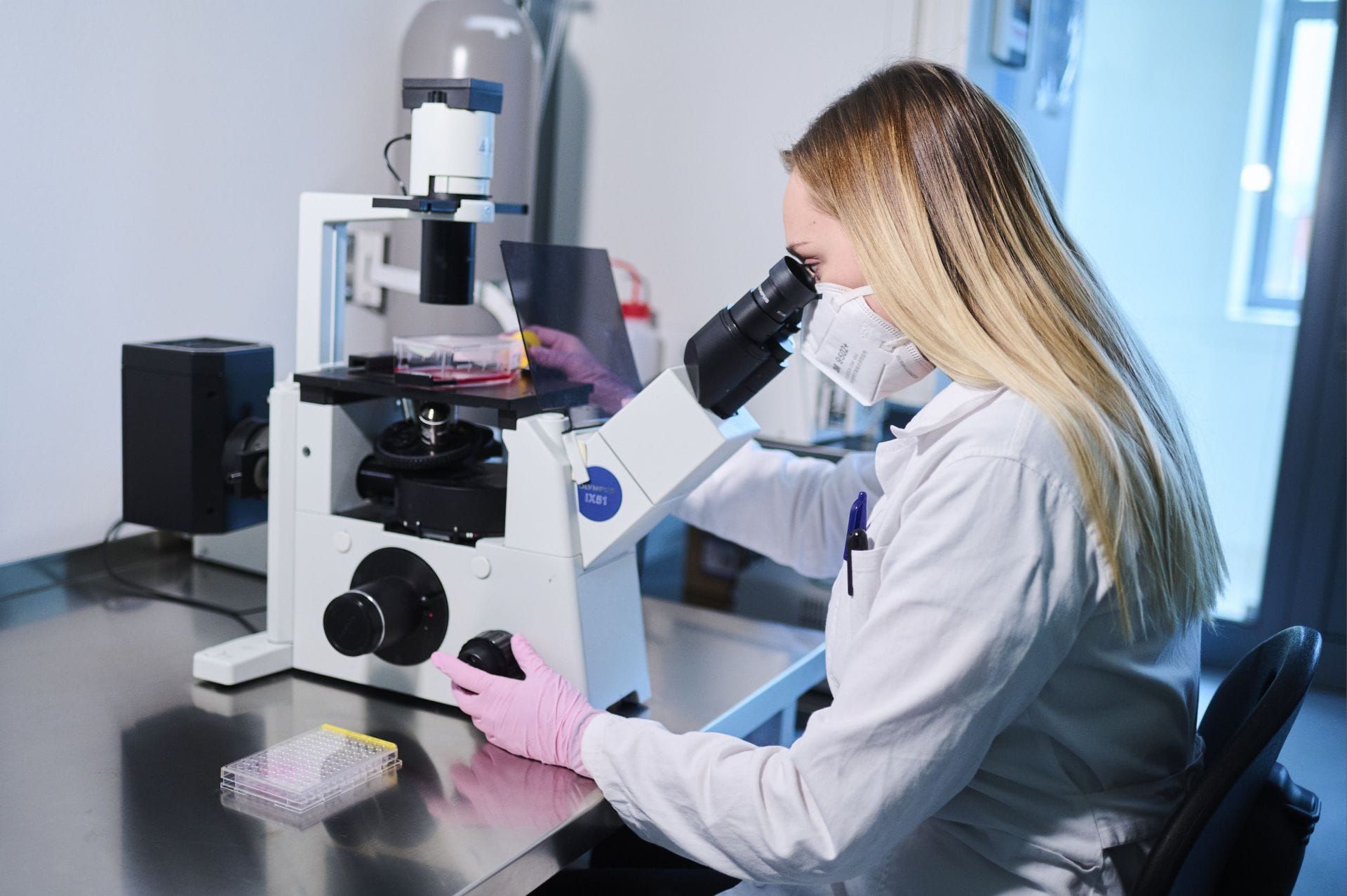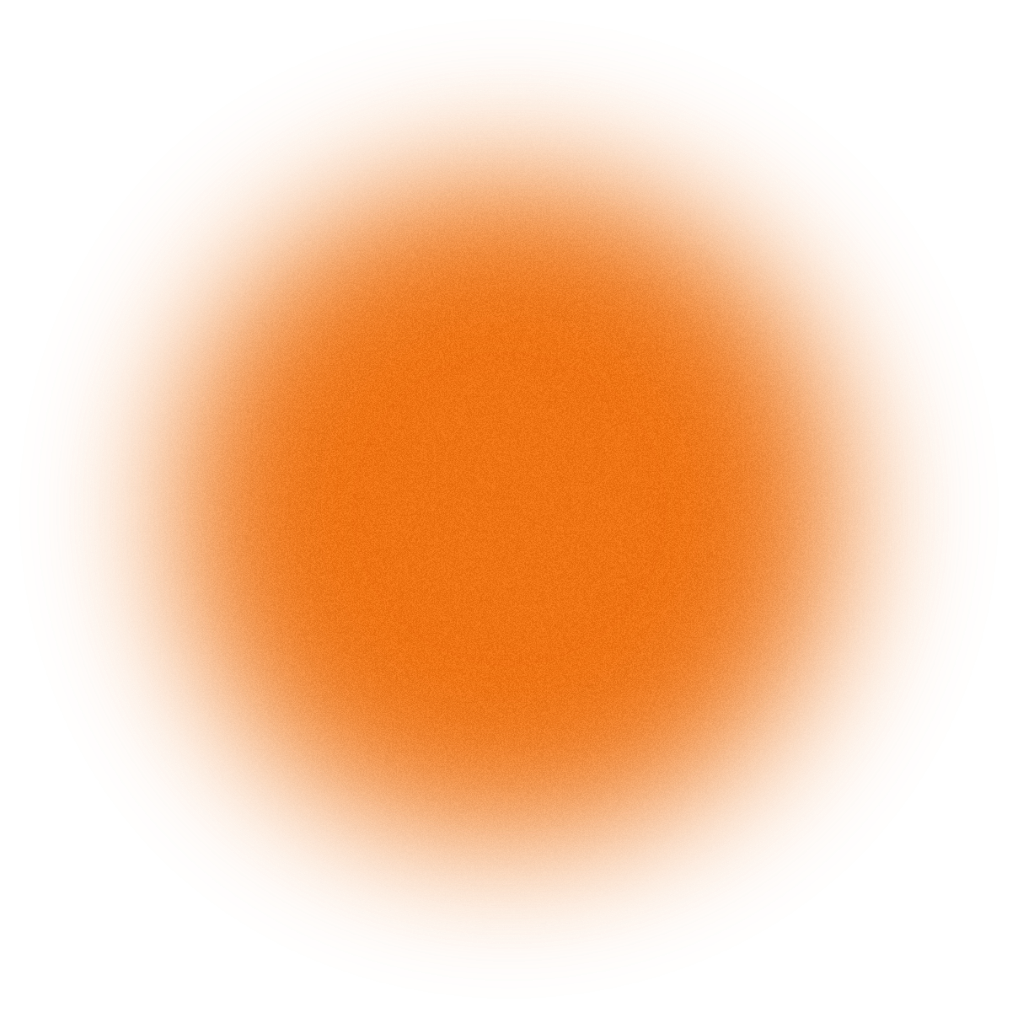
News
One sub-project was supported in the 4th internal call
On 4 June 2024, a new sub-project was approved by the Czech Technology Agency of the Czech Republic; entitled Plastics with Increased Thermal Conductivity, it aims to design and test new additives to increase the thermal conductivity of selected thermoplastics, particularly those based on polyolefins. Primarily, the use of these materials will be directed towards the production of headlamp components to improve the heat dissipation generated by high-power LEDs in headlamps. In addition, thermally conductive composites will be used for the production of car interior components, which will enable more efficient heating/cooling of the interior due to their heat transfer properties. The project is managed by Centrum organické chemie (Centre for Organic Chemistry), Hella Autotechnik Nova, s.r.o. and the Faculty of Chemical Technology of the University of Pardubice.
National Competence Centre – Polymer Materials and Technologies for the 21st Century: Year 1
On 21–22 May 2024, the partners of the National Competence Centre – Polymer Materials and Technologies for the 21st Century (PolyEnvi21) met to present and discuss the interim outputs of the sub-projects. Coordinated by the Tomas Bata University in Zlín (TBU), the Centre aims to empower the cooperation between academia and industry and thus accelerate the development and application of new environmentally friendly polymer materials and technologies.
The sub-topics currently being addressed within PolyEnvi21 cover a wide range of topics that are relevant to the implementation of circular economy principles in the plastics industry. Specifically, we are working on projects aimed at improving the efficiency of automated sorting of plastic waste for subsequent mechanical, chemical and biological recycling. In addition, technologies are being developed in collaboration with industrial partners to maximise the meaningful use of waste that would normally end up at a landfill or incineration site. Related to this is the technology for removing unwanted substances that complicate the recycling process. Furthermore, new material systems are being developed to enable, for example, the production of components for the automotive industry that will not produce emissions of hazardous pollutants into the air, the production of materials based on renewable raw materials or the development of products for more efficient management of agrochemicals.
“The Centre focuses on several key areas, particularly research and development of advanced polymer materials, sustainability and environmental issues. However, the PolyEnvi21 project also focuses on the education of a new generation of scientists and technicians and the mutual exchange of knowledge between academia and industry,” said Ing. Ivan Souček, Ph.D., Director of the Association of the Chemical Industry of the Czech Republic.
The presentation of the interim results showed the promising potential of all sub-projects to achieve the set objectives. Their applicability in practice is supported by direct cooperation with industrial partners. “The transfer of research activities into the field is one of our priorities. The project of the National Competence Centre, which is supported by the Czech Technology Agency, is one of the very effective incentive tools for effective industrial research and experimental development. The Centre’s consortium is not a closed community and we are looking for other partners from the application sphere for further cooperation," says prof. Vladimír Sedlařík, the chief manager of the Centre.
The National Competence Centre – Polymer Materials and Technologies for the 21st Century (PolyEnvi21) focuses on the development of new polymer systems that take into account the goals of sustainable development, practical applicability and economic competitiveness.
PolyEnvi21’s core competency is the mechanical, chemical and biological recycling of polymeric materials, including related processes. Significant attention is paid to the complex concept of the solutions being developed to fulfil circular economy principles.
The Centre of Polymer Systems (CPS) at Tomas Bata University (TBU) in Zlín is the project chief investigator.
The project partners are as follows: ASIO TECH, spol. s r. o., Centrum organické chemie s.r.o., Ethanol Energy, a.s., Fortemix produkce s.r.o., HELLA AUTOTECHNIK NOVA, s.r.o., I N O T E X spol. s r. o., Moravskoslezský automobilový klastr, z.s. (Moravian-Silesian Automotive Cluster), NANOPROGRESS, z.s., ORLEN UniCRE, a.s., Plastikářský klastr z.s. (Plastics Industry Cluster), Simple Engineering, s.r.o., Svaz chemického průmyslu ČR, z.s. (Chemical Industry Union), SYNPO, a.s., TERAMED, s.r.o., Jan Evangelista Purkyně University in Ústí nad Labem, Palacký University in Olomouc, University of Pardubice, Tomas Bata University in Zlín, VSB – Technical University in Ostrava, University of Chemistry and Technology in Prague, Brno University of Technology, ZODPA, s.r.o.
The National Competence Centre – Polymer Materials and Technologies for the 21st Century project is co-funded by theTechnology Agency of the Czech Republic(project ID: TN02000051).
PLASTKO 2024 Conference
From 17 to 18 April 2024, the PLASTKO 2024 conference was held at Tomas Bata University in Zlín, traditionally organised by the TBU’s University Institute, the Technology Transfer Centre and the Plastic Cluster. Members of the National Centre of Competence PolyEnvi21 presented the results of their research as well. In his paper, Professor Sedlařík presented in detail the National Centre of Competence PolyEnvi21 and its sub-projects, focusing on the commercialisation of the developed innovative solutions. He paid particular attention to the Centre’s core competency in mechanical, chemical and biological recycling of polymer materials and presented a vision for the future direction of these materials and technologies.
More information about the conference can be found at https://cps.utb.cz/plastko2024
4th internal call for support for sub-projects released
Following the Agreement on the Establishment of the National Competence Centre – Polymer Materials and Technologies for the 21st Century and on participation in the Centre’s project and under the terms and conditions of the Czech Technology Agency, the 4th internal call for support of sub-projects is hereby announced. The competition period starts on 11 March 2024 and ends on 31 March 2024.
The NCC-Polymers Centre’s Board accepted five new projects in the second call
On 30 May 2023, the Centre’s Board voted for five additional sub-projects in the second internal call of the NCC. In total, 73,062 thousand CZK will be distributed in the 2nd call for projects supporting technologies for the 21st century.
The largest project, Nanofibre and Polymeric Materials with Antimicrobial Protection was submitted by NANOPROGRESS – a leader in nanotechnology in the Czech Republic – together with eight other co-investigators. Dr. Tomáš Šopík from Tomas Bata University in Zlín, together with SYNPO and Ethanol Energy, has been awarded a grant for a project on the use of 2nd generation biopolymer raw material sources focused on the circular economy. Other approved projects concern biopolymers in agriculture, improving the biodegradability of plastics based on natural polymers and the recovery of polymers through fractionation.
These and other topics are the main focus of the National Competence Centre – Polymer Materials and Technologies for the 21st Century (NCC), which is tasked with promoting the integration of scientific research results into the field. The members of the NCC are universities and industrial companies in the field of environmental and polymer technologies, as well as professional clusters, which have the task of linking the private and research sectors. The result will be, for example, patents, semi-operation models or utility models/technologies that bring end-users closer to 21st-century technologies.
Please visit www.cps.utb.cz to discover more.
The sub-projects within the second call were approved by the Technology Agency of the Czech Republic as the granting authority on 11 August 2023.
The eligible costs can therefore start to be used from the date of approval by the Centre’s Board, i.e. from 30 May 2023.
The Granting Authority approved the project in a special call within the National Recovery Plan
On 20 February 2023, the Technology Agency of the Czech Republic (TA) approved, as the granting authority, the project (project ID: TN02000051/001N) entitled Polymer Marking System for Digital Waste Sorting System, which was proposed by the consortium of the National Competence Centre – Polymer Materials and Technologies for the 21st Century (NCC) for the special call of the National Recovery Plan.
Dr. Lubomír Kubáč from the Centre for Organic Chemistry is the chief investigator, who said: “The aim is to create a system for marking polymer materials to enable automatic sorting of waste plastics and textiles. Markers will be designed that will not interfere with the visual perception of the labelled product and at the same time be identifiable by simple analytical methods. These markers will be modified so that they can be printed on the surface of plastic products or incorporated directly into the material during the production of textiles and plastics.”
The project’s co-investigators are the clusters schp.cz and plastr.cz, universities: Brno University of Technology, University of Chemistry and Technology in Prague, Tomas Bata University in Zlín and private companies – Fortemix produkce, Inotex, NANOPROGRESS, Simple Engineering and ZODPA.
The main NCC’s objective is to integrate scientific research results into the practice. The members of the NCC are universities and industrial companies in the field of environmental and polymer technologies, as well as professional clusters, which have the task of linking the private and research sectors. The result will be, for example, patents, semi-operation models or utility models/technologies that bring end-users closer to 21st-century technologies.
This project entitled Polymer Marking System for a Digital Waste Sorting System is co-funded through the Technology Agency of the Czech Republic under the National Recovery Plan from the Recovery and Resilience Facility (RRF).
Opening meeting of the NCC Supervisory Committee
On 9–10 February 2023, the first meeting of the representatives of all 24 members of the newly established National Competence Centre – Polymer Materials and Technologies for the 21st Century No. TN02000051, coordinated by T. Bata University in Zlín, took place in Milovy, the Vysočina Region. The first meeting of the Supervisory Committee of the Centre was held as planned and its chairman was elected: doc. Ing. et Ing. Ivo Kuřitka, Ph.D., Ph.D. of the Department of Chemistry, Faculty of Technology, TBU in Zlín. The Supervisory Committee also voted on the first changes in the membership of the consortium.
Prof. Vladimír Sedlařík, Ph.D., the chief manager of the Centre, informed the members of the Committee about the Centre’s strategy, its activities and the further procedure for managing sub-projects and announcing new calls. He also presented the focus of the NCC’s seven sub-projects that were approved by the Centre’s Board in December and the eight new ones approved in January this year. Kick-off meetings of the individual sub-project teams, networking and other meetings of the members and the Supervisory Committee of the Centre were also planned during the two days.
The Centre of Polymer Systems of TBU is the coordinator of the National Competence Centre – Polymer Materials and Technologies for the 21st Century and is the only one in the country dedicated to the issue of polymers and their impact on the environment. The Centre’s strategy is based on the ideas of circular economy, recycling and early application of new technologies in practice. There are 24 project participants involving universities, industry partners and non-profit organisations active in the area of polymer materials, environmental impact and public outreach.
The Centre’s Board accepted the first eight projects within the first call
On 31 January 2023, the Centre’s Board voted for the first eight sub-projects within the first internal call of the National Competence Centre – Polymer Materials and Technologies for the 21st Century (NCC). The Technology Agency of the Czech Republic is the granting authority as part of the National Centres of Competence programme.
The largest sub-project – Technology of processing waste sludge from plastics recycling – was submitted by ASIO, spol. s r.o., a company engaged in water treatment and purification, together with its five other co-investigators. The University of Chemistry and Technology was awarded grants for two sub-projects; Palacký University in Olomouc and the Centre for Organic Chemistry and Orlen UniCRE were awarded one grant each. Two other operational projects form an essential part of the NCC. The approved sub-projects concern thermosetting compounds, additive removal, triboelectric sorting, thermochemical processing of plastics and functional polyurethane polymers.
These and other topics are the main focus of NCC-PolyEnvi21, which is tasked with promoting the integration of scientific research results into the practice. The members of the NCC are universities and industrial companies in the field of environmental and polymer technologies, as well as professional clusters, which have the task of linking the private and research sectors.
The result will be, for example, patents, semi-operation models or utility models/technologies that bring end-users closer to 21st-century technologies.
The sub-projects within the first call were approved by the Technology Agency of the Czech Republic as the granting authority on 29 March 2023; the SP 006 was approved on 3 April 2023.
All the sub-projects can start using eligible costs from the date of approval by the Centre’s Board, i.e. from 31 January 2023.
Please visit www.cps.utb.cz to discover more.
Zlín becomes a national centre of competence for polymer research. The scientists will address the issue of polymers and their impact on the environment
Zlín 24 January 2023 – A significant success has been achieved by the staff of the Centre of Polymer Systems (CPS) at the Tomas Bata University (TBU) in Zlín. The local scientists succeeded in a challenging public competition call published by the (CTA) within the National Centres of Competence programme which focuses on enhancing cooperation between research organisations and entities in the field.
Entitled National Competence Centre – Polymer Materials and Technologies for the 21st Century, this very special activity is one of the 18 projects that have been successful in the international assessment of project proposals submitted by Czech universities and institutes of the Czech Academy of Sciences and the only one focusing on polymers and their environmental impact throughout the National Centres of Competence programme. Out of those collaborating on this project, CPS will be the coordinating site.
“It is a great honour and a challenge at the same time. Polymer research has had a long tradition in Zlín and the awarded grant shows that the Centre has earned a significant standing in its field over the 12 years of its existence, at both the national and international levels. I very much appreciate the concept of the National Centres of Competence scheme, which aims to link research with practice. We look forward to cooperation with colleagues from other major and renowned research institutes and also from companies with high innovation potential,” says prof. Vladimír Sedlařík, CPS Director and the chief project investigator.
This large-scale, six-year project, the total cost of which is almost 380 million CZK – a quarter of which will be covered by the corporate sector – may even continue to enlarge as an application is pending that seeks additional funding (over 140 million CZK) from the National Recovery Plan. There are 24 project participants involving universities, industry partners and non-profit organisations active in the area of polymer technologies and their environmental impact.
The project activities encompass a wide range of research tasks, the results of which are expected to be applied in the practice very soon. “Specifically, there are projects that e.g. aim to increase the efficiency and automation of the plastic sorting process during recycling or find new ways to efficiently extract economically valuable substances from plastic waste,” outlines prof. Vladimír Sedlařík. Scientists will also work on developing materials that will serve their purpose for longer. This means that they will be more durable and long-lasting, so there will be no need to waste energy and raw materials. They will also develop polymer materials that are safer for end users in terms of e.g. flammability, release of harmful substances or resistance to the propagation of bacteria, fungi and viruses.
The project will also address the recycling of tyres, the use of renewable resources and waste for the production of polymers, and, last but not least, the detection and capture of the much-discussed microplastics.
“The backbone of all the sub-projects is responsible management of materials and energy as well as approaches that are environmentally friendly and safe in terms of the legislative and economic sensibility of the emerging solutions,” emphasizes prof. Vladimír Sedlařík.




